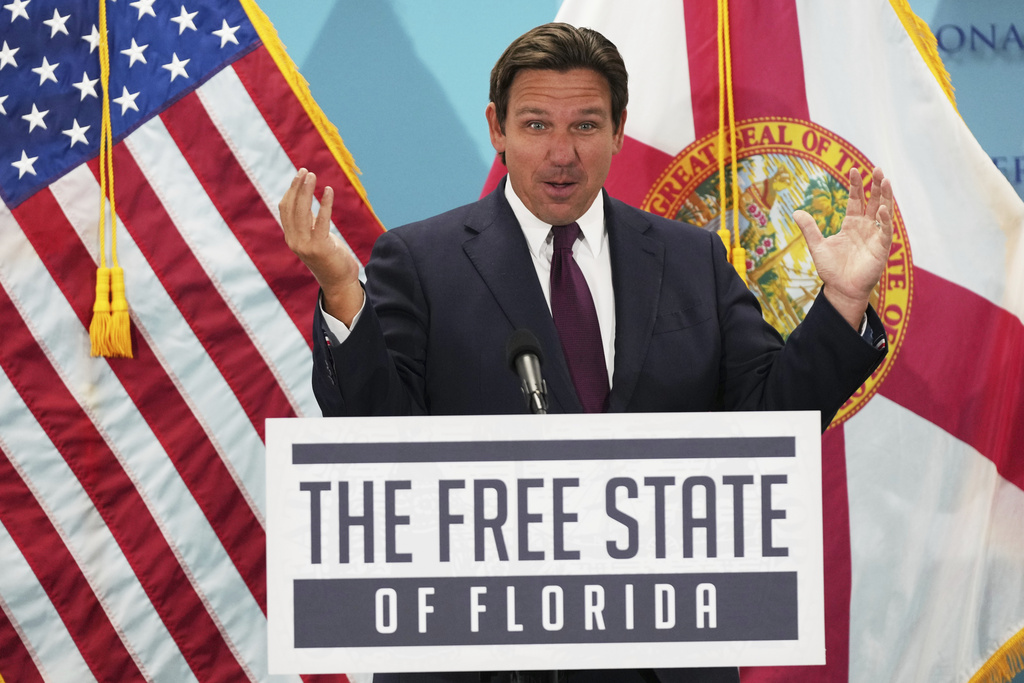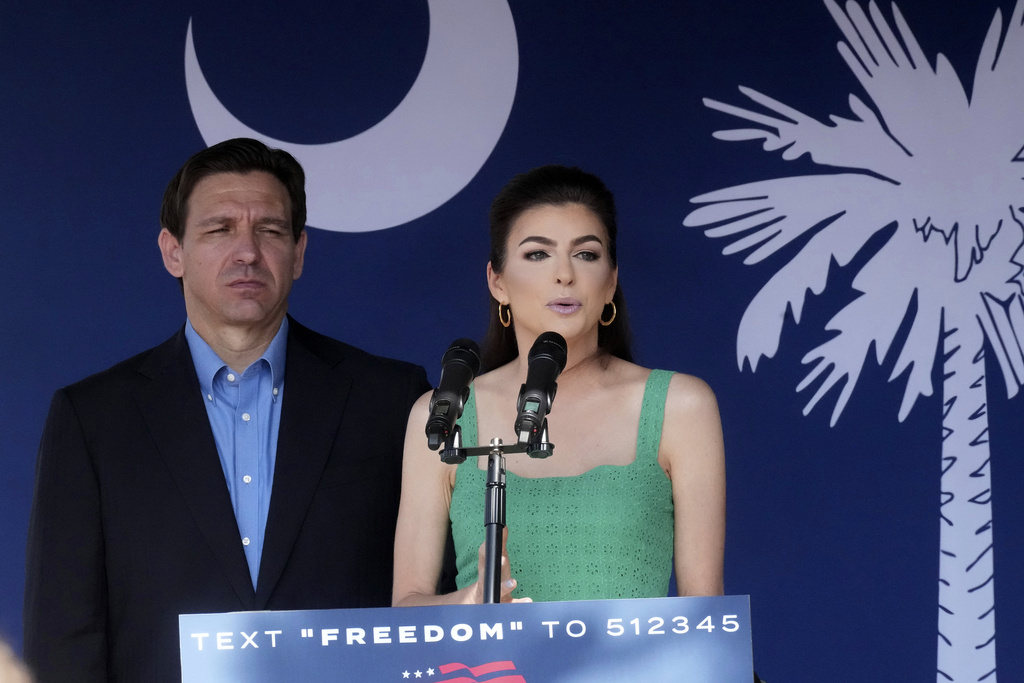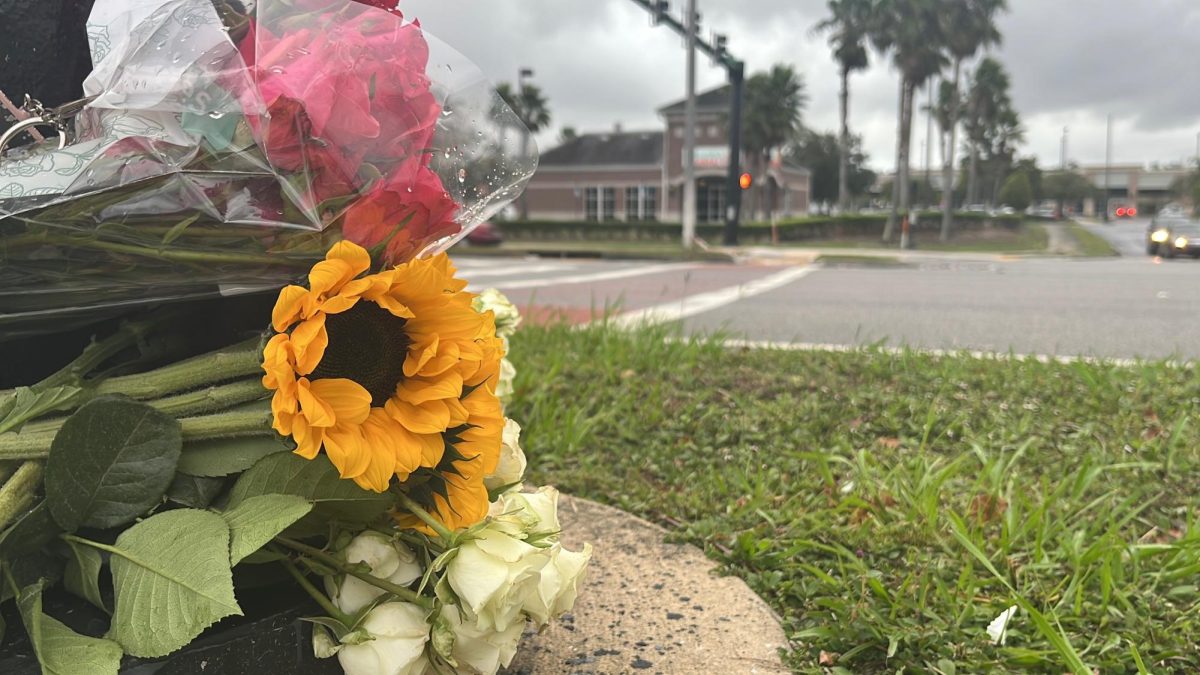Florida’s public universities were directed last month to review their social media conduct policies for students and employees, following the assassination of right-wing activist Charlie Kirk.
The letter, shared on X by the Florida commissioner of education, was sent by the university system chancellor, Ray Rodrigues, to all university presidents on Sept. 15. Rodrigues’ letter directed administrators to review policies for student and employee social media conduct, and called posts that made light of Kirk’s death “abhorrent.”
“Celebrating or excusing campus violence—or in this case, the murder of Charlie Kirk—by members of our university system will not be tolerated,” Rodrigues wrote in the letter.
Chancellor Rodrigues’ letter to universities
Rodrigues sent the letter five days after Kirk’s death. Known for his contentious stances during his time as a political activist and debater, Kirk’s death brought about a nationwide conversation about political violence and the limitations on freedom of expression.
In his letter, Rodrigues referred to Kirk as a model of “free expression, civil discourse, and debate” and highlighted the need to foster these values. However, Rodrigues continued in his letter, “While free expression is a paramount right, it is not absolute and does not protect harassment, intimidation or threats.”
This memo follows Florida Commissioner of Education Anastasios Kamoutsas’ letter to school district superintendents in Florida, sent the day after Kirk’s death. Kamoutsas expressed his intent to “hold teachers who choose to make disgusting comments about the horrific death of Charlie Kirk accountable”.
Since Kamoutsas’ directive, several Florida teachers have faced penalties for posts they’ve made about Kirk on their personal social media accounts. In Clay County, one teacher was suspended over a post they made that referenced Kirk, News4Jax reported.
Days before Rodrigues’ letter to Florida universities, a tenured professor at FAU was placed on administrative leave for social media comments about Kirk, The Palm Beach Post reported.
In response to Rodrigues’ letter to university presidents, the Foundation for Individual Rights in Education (FIRE), a nonprofit civil liberties group, called for university presidents to resist demands to punish their faculty on the basis of freedom of expression.
FIRE also sent a letter to UNF President Moez Limayem and all other presidents, calling for his support of constitutionally protected speech on campus.
Spinnaker asked UNF faculty to share their thoughts and expertise on the issue but none were willing to give a statement, even anonymously, out of fear of harassment and backlash.
So far, no revisions to UNF conduct policies for social media posts have been proposed for Board of Trustees consideration. A university spokesperson said no disciplinary action has been taken against any UNF employees or students.
“There have been no disciplinary actions taken regarding this situation,” the spokesperson said in a written statement.
What is the Florida SUS?
The Florida SUS operates through a 17-member Board of Governors that oversees 12 public universities in Florida, including the University of North Florida.
The system’s responsibility is to define and direct the missions of each university under its system and ensure system-wide coordination, according to the Florida Department of Education’s website.
According to the State University System of Florida website, the Florida Board of Governors is responsible for the management and organization of regulations across all 12 public universities in the state.
Chancellor Ray Rodrigues is the chief spokesperson of the SUS, maintaining communication and coordination between the Board of Governors, the state legislature, the executive branch, departments and agencies throughout the State of Florida.
___
For more information or news tips, or if you see an error in this story or have any compliments or concerns, contact editor@unfspinnaker.com.
















